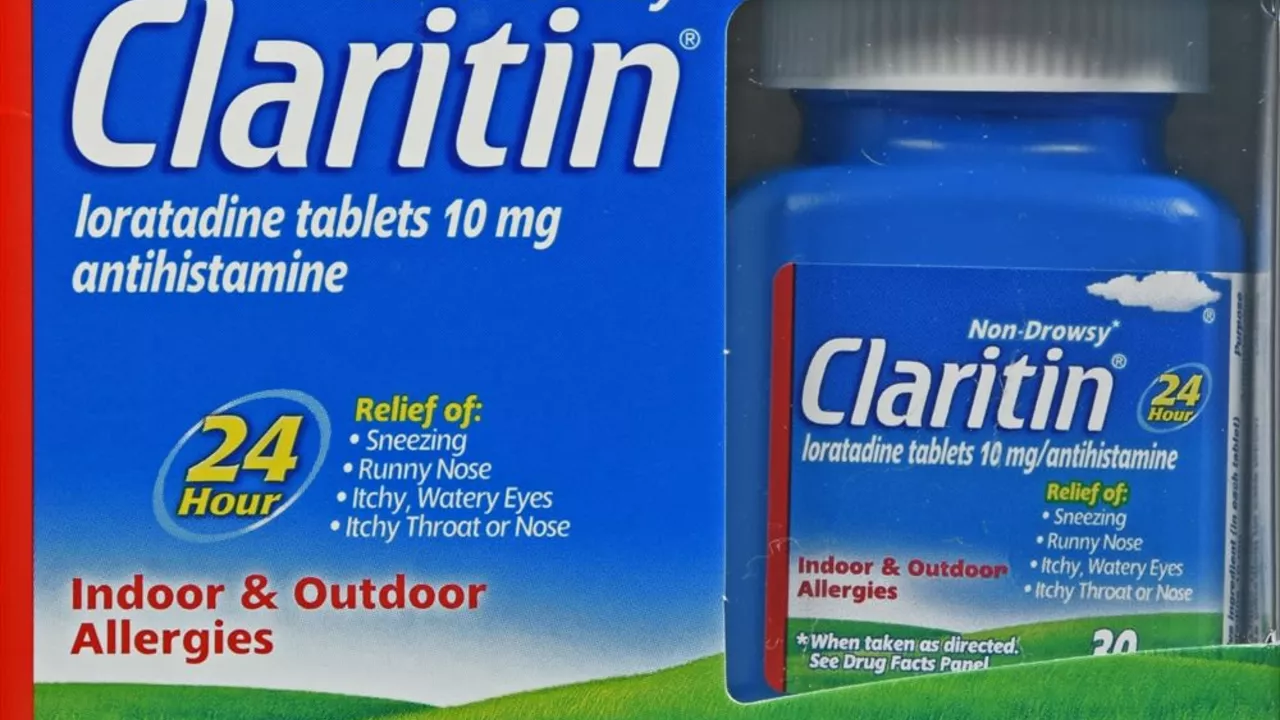Antihistamines: What to Know Before You Take One
If your nose runs, eyes itch, or you break out in hives, an antihistamine can help fast. These drugs block histamine, a chemical your body releases during allergies. That reduces sneezing, itching, watery eyes, and some rashes. But not all antihistamines act the same, and picking the right one matters.
Which antihistamine fits you?
First-generation antihistamines include diphenhydramine (Benadryl) and chlorpheniramine. They work quickly but often make you drowsy and dry out your mouth. That can be useful for short-term sleep help, but avoid them before driving or operating machines.
Second-generation options like cetirizine (Zyrtec), loratadine (Claritin), and fexofenadine (Allegra) cause much less sleepiness and are better for daily allergy control. Most last about 24 hours and are good for long days outside or seasonal hay fever.
There are also targeted forms: nasal sprays (azelastine) or eye drops that deliver relief directly where you need it, and drugs like meclizine or promethazine that are used for motion sickness. If your main problem is congestion, an antihistamine alone may not help—decongestants or nasal steroids might be needed.
Safety tips and interactions
Alcohol and many sleeping pills make antihistamine drowsiness worse. Avoid mixing them. Older adults should be careful with first-generation antihistamines because they can increase confusion, falls, and urinary retention. If you take blood pressure medicine, antidepressants, or sedatives, check with a pharmacist or doctor before combining drugs.
Start with the lowest effective dose. For quick relief, a fast-acting option like diphenhydramine can work, but plan for its short duration and sleepiness. For daily control, switch to a non-drowsy, once-daily pill. If you need relief for eyes or nose only, try the local spray or drops—fewer systemic side effects.
Pregnant or breastfeeding? Ask your healthcare provider. Many clinics prefer cetirizine or loratadine over older sedating types, but your provider will advise based on your situation.
If symptoms are severe—trouble breathing, throat swelling, or fainting—seek emergency care. For ongoing or worsening allergy symptoms despite treatment, see an allergist; they can test triggers and offer alternatives like immunotherapy.
Buying online? Use licensed pharmacies, read reviews, and never ignore a required prescription. Save receipts and check packaging on arrival. If a price looks too good or the site seems sketchy, walk away—fake or substandard products are a real risk.
Antihistamines are simple but powerful tools. Match the drug to your need—fast relief, daily control, or targeted treatment—and watch for interactions and side effects. When in doubt, ask a pharmacist or doctor; they help pick the safest, most effective option for you.



